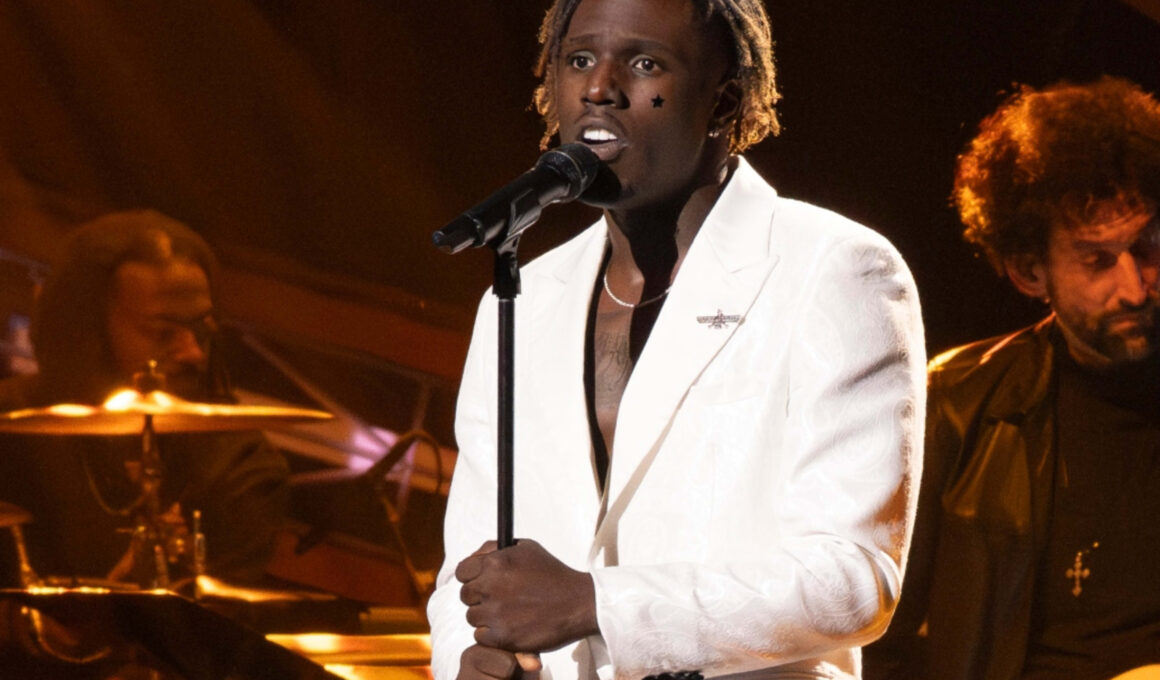More than two decades separate the victories of Ruben Studdard and Jamal Roberts on American Idol, but their wins are connected by something deeper than the show’s crown: a shared legacy of representation, vocal brilliance, and cultural impact as two of the few Black male winners in the show’s history.
In 2003, Ruben Studdard emerged as a powerhouse vocalist and fan favorite in American Idol’s second season. Known as “The Velvet Teddy Bear,” the Alabama-born gospel and R&B singer delivered smooth, church-rooted vocals with emotional control and soul-stirring depth. His win was historic — not only because of the fierce competition with runner-up Clay Aiken, but because he became the first Black male to claim the Idol title, during a time when reality TV rarely crowned people of color.

Now, in 2025, Jamal Roberts has followed in Studdard’s footsteps — but with his own distinctive path and voice. A 27-year-old physical education teacher and single father from Mississippi, Roberts wasn’t backed by years of performance experience or music industry polish. What he brought instead was raw, unfiltered talent and a deeply personal artistic vision. His original finale song, “Heal,” captured a nation still grappling with loss, division, and the search for hope. Where Studdard charmed with velvet vocals and classic ballads, Roberts brought fire, conviction, and testimony — more revival than performance.
Stylistically, the two singers represent different corners of the same musical universe. Studdard came to fame in the era of Luther Vandross and Donny Hathaway tributes, aligning himself with traditional R&B and gospel stylings. His debut album Soulful went platinum and earned him a Grammy nomination, ushering in a career that blended recording with Broadway and television appearances. Roberts, on the other hand, represents a new kind of Idol winner — one who writes his own music, blends genres with ease, and brings a modern message to a digitally connected, socially aware audience.
Yet for all their differences, their impact is remarkably similar. Both broke barriers simply by existing in the mainstream spotlight as Black male vocalists in a predominantly pop landscape. Both earned their wins by connecting with viewers emotionally and spiritually. And both victories came during times of cultural transformation — Studdard’s win in the post-9/11 era, and Roberts’ in the wake of a global pandemic and renewed conversations around race, healing, and identity.
Representation matters. When Studdard won, it inspired a generation of young Black singers to believe there was a place for them on the biggest stages. With Roberts now carrying that torch, a new generation is watching — not just hearing the message of his song, “Heal,” but witnessing its truth in real time.
As Roberts begins his career and Studdard continues his legacy, the echoes of their voices — and their victories — continue to resonate. Two men, two moments in time, but one powerful message: Black voices in American music are not only essential — they are unforgettable.




